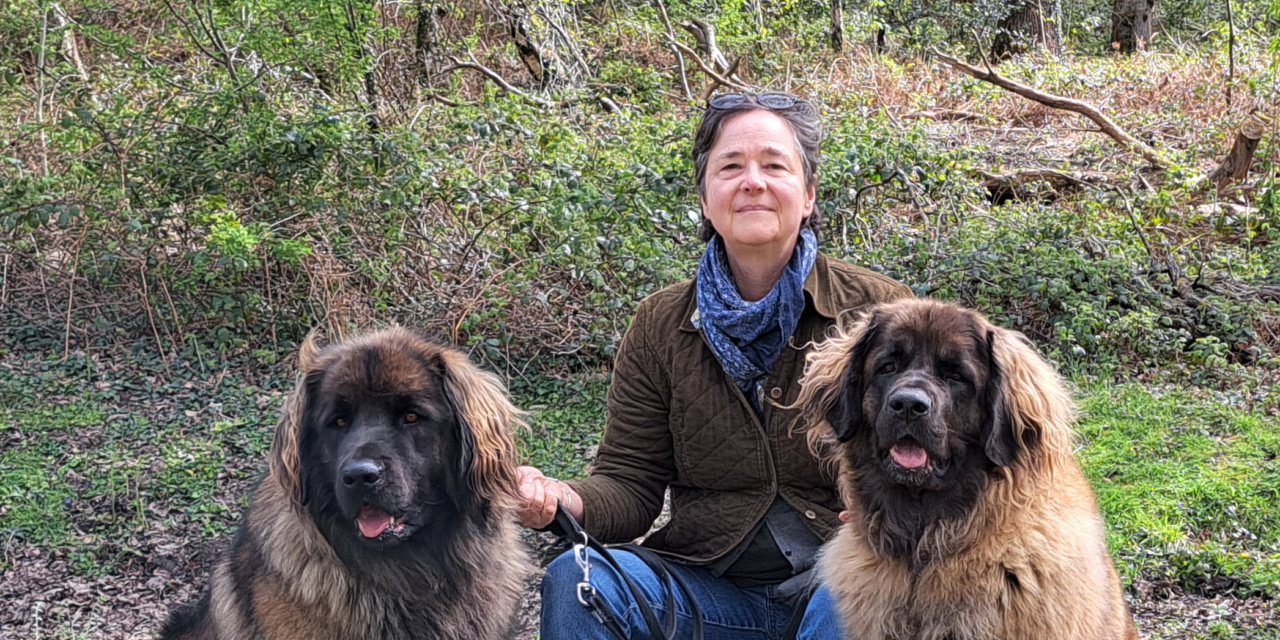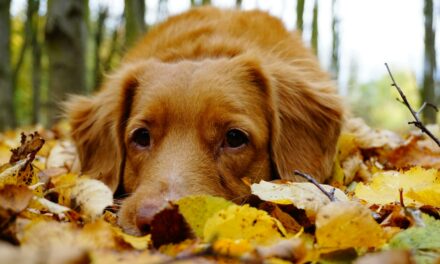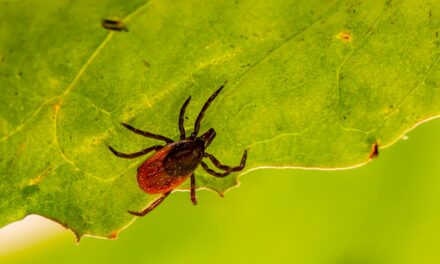The Kennel Club Charitable Trust has announced the winners of the 2024 International Canine Health Awards, recognising excellence in canine research, health, and welfare.
Underwritten by a significant donation from philanthropist Vernon Hill and his wife Shirley, the awards celebrate scientific innovations benefiting dogs, with seven recipients this year. The awards, now in their 12th year, offer over $180,000 (£140,000) in prize money to support advancements in canine medicine and One Health. The virtual ceremony took place on 3 July 2024 from The Kennel Club in London, with trophies personally designed by Mrs Shirley Hill.
Award Recipients and Their Contributions
The awards recognise a variety of individuals and organisations making significant contributions to canine health. This year’s winners include a British-born professor advancing canine immunotherapies, a distinguished canine genetics researcher, a postgraduate student working on canine brain tumours, an undergraduate veterinary student focused on canine pain control, and a UK Breed Health Coordinator improving Leonberger health. Special Awards were also given to a University of Pennsylvania faculty member for work with service dogs and the Ishikawa Veterinary Medical Association for their response to the January earthquake in Japan.
Dr Nicola Mason from the University of Pennsylvania received the Alan Kelly International Achievement Award, along with a trophy and $100,000. Dr Mason’s work on developing vaccines and cellular immunotherapies to treat canine cancer is highly regarded. Her research on osteosarcomas in dogs has even drawn attention from paediatric oncologists, leading to a clinical trial in children with relapsed, refractory metastatic disease. Dr Mason expressed her gratitude, highlighting the honour of receiving such a prestigious award and the privilege of contributing to canine health and well-being.
Lifetime Achievement Award
Dr Cathryn Mellersh from the University of Cambridge received the Lifetime Achievement Award, along with a trophy and $50,000. Dr Mellersh is renowned for her dedication to investigating the genetic basis of inherited diseases in dogs. Her research has identified over 30 disease-associated variants, forming the basis of global DNA tests. With over 130 published research papers, Dr Mellersh’s work not only benefits canine health but also enhances understanding of human genetic disorders. Dr Mellersh thanked her colleagues, collaborators, and dog owners who contributed to her research.
Daniela Jimenez, a DVM/PhD student at the University of California, Davis, received the Postgraduate Student Inspiration Award, along with a trophy and $20,000. Daniela’s research focuses on the intersection of immunology, oncology, and neuroscience, particularly in treating glioma, an aggressive brain tumour in dogs and humans. Daniela aims to advance veterinary understanding of canine cancer and collaborate with hospitals to improve patient care.
Simone Ku, an undergraduate veterinary student at the Royal Veterinary College, London, received the Undergraduate Student Inspiration Award, along with a trophy and $10,000. Inspired by her dog Smudge’s battle with Fanconi syndrome and arthritis, Simone is dedicated to advancing canine pain therapy. Her research focuses on the potential uses of gabapentin, a medication used in treating both humans and dogs.
Breed Health Co-Ordinator Award
Sharon Springel received the Breed Health Co-Ordinator Award, along with a trophy and £5,000. Sharon has been instrumental in improving the health of Leonbergers through her voluntary work with the Leonberger Club of Great Britain. She has coordinated multiple health initiatives, including blood sampling for DNA research and international fertility studies. Sharon expressed pride in receiving the award on behalf of her colleagues and emphasised the importance of safeguarding the breed’s genetic diversity.
Two Special Awards were given this year. Dr Cindy Otto from the University of Pennsylvania School of Veterinary Medicine received a trophy and $10,000 for her pioneering work on the health and welfare of working dogs. Dr Otto’s research focuses on detection dogs, and she established the Penn Vet Working Dog Center to support scientific research and training.
The Ishikawa Veterinary Medical Association received a trophy and $10,000 for their response to the 7.6 magnitude earthquake in Japan. The association provided rapid response, rescue, and free treatment to animals affected by the disaster. Their ongoing efforts reflect the complexity and infrastructure damage in the region, with a dedicated mobile clinic and shelter for affected families’ pets.
Recognition and Future Impact
Dr Andrew Higgins, Chairman of the International Canine Health Awards panel, and Vernon Hill, who underwrites the awards, expressed their pride in this year’s winners. They highlighted the importance of the One Health concept and the significant impact of the award recipients’ work on both canine and human health. The awards continue to support vital research and improvements in canine health and welfare.








